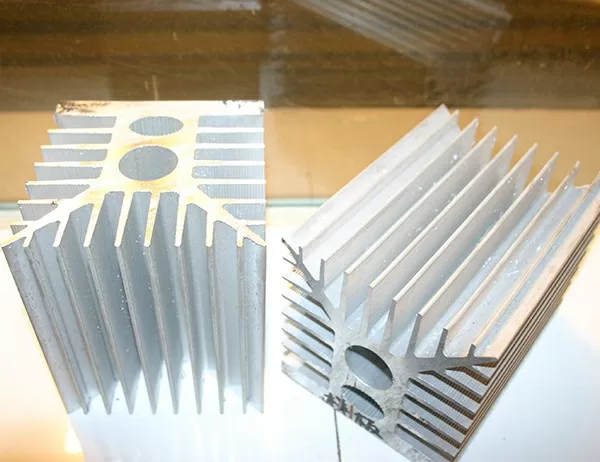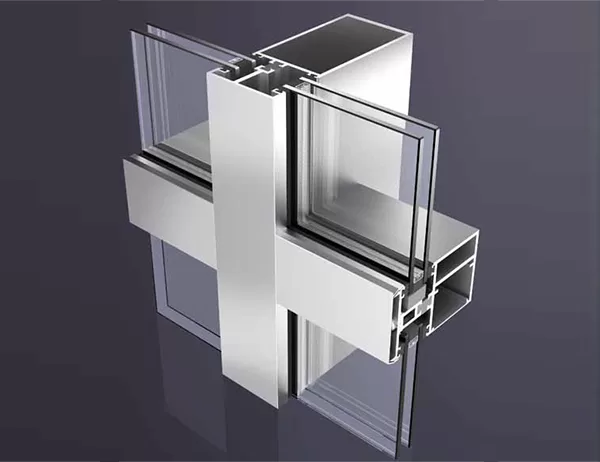Thermal management is a crucial factor in the performance and longevity of solar panels. High temperatures can impair the efficiency of solar cells, reducing power output and potentially leading to premature degradation. Aluminum frames play a vital role in mitigating thermal issues and improving the overall performance of solar panels.
Increased Surface Area for Heat Exchange
Aluminum is an excellent thermal conductor, meaning it can transfer heat efficiently from the solar panel to its surroundings. Aluminum frames significantly increase the surface area of the panel, providing more area for heat dissipation. This expanded surface allows the panel to shed excess heat into the environment, keeping the temperature of the cells lower.
Convective Heat Transfer
Aluminum’s high thermal conductivity also facilitates convective heat transfer. Hot air rises from the solar panel’s surface, creating a natural airflow pattern. The aluminum frame channels this airflow, promoting convective cooling and further reducing temperatures.
Better Airflow Design
The design of aluminum frames can be optimized to enhance airflow and convective cooling. Perforated frames allow air to pass through the frame, increasing the exposure of the solar cells to the cooling airflow. Aerodynamic shapes, such as curved or angled frames, can reduce air resistance and maximize convective heat exchange.
Improved Thermal Cycling Resistance
Solar panels experience extreme temperature fluctuations due to diurnal and seasonal changes. Aluminum frames provide excellent thermal cycling resistance, meaning they can withstand repeated heating and cooling cycles without significant degradation. This durability ensures that the frames maintain their effectiveness in heat dissipation over the long term.
Lightweight and Corrosion-Resistant
Aluminum frames are lightweight, reducing the overall weight of the solar panel system. This makes them easier to install and handle. Additionally, aluminum is corrosion-resistant, ensuring its ability to dissipate heat effectively over time, even in harsh environmental conditions.
Aluminum frames play a critical role in improving heat dissipation in solar panels. Their high thermal conductivity, increased surface area, enhanced airflow design, thermal cycling resistance, and durability contribute to maintaining lower temperatures in solar cells. By optimizing thermal management, aluminum frames help maximize power output, extend panel life, and ensure reliable performance throughout the lifetime of the system.




